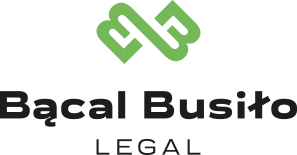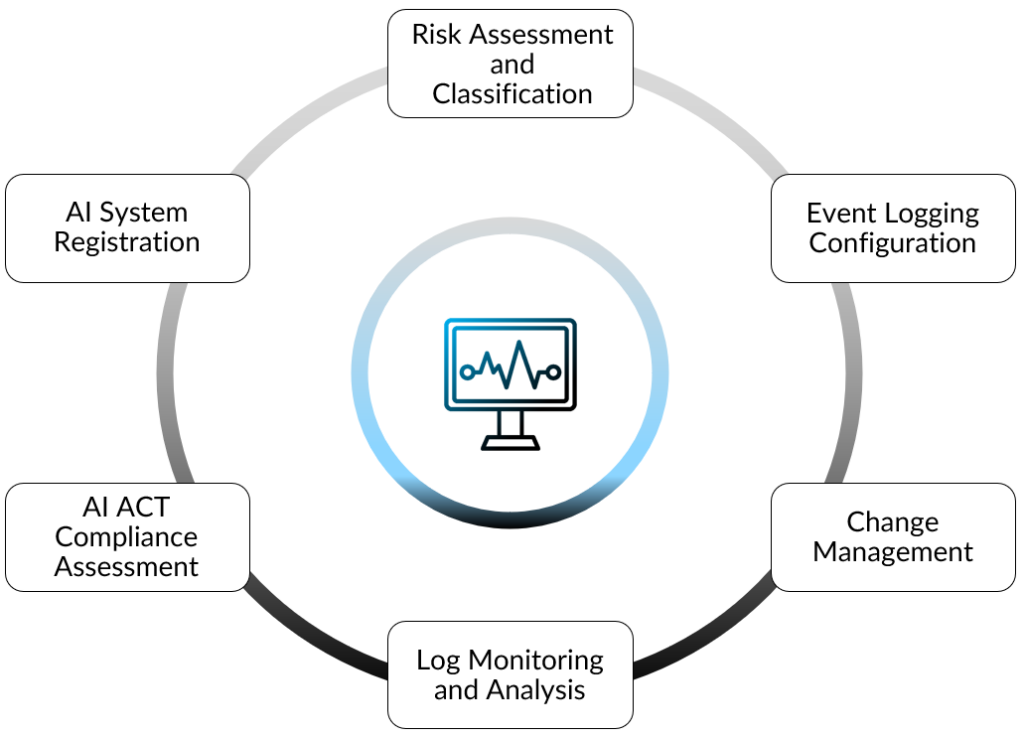When do the AI Act requirements come into effect?
In the European Union, the Artificial Intelligence Act came into force on August 1, 2024. The first provisions, including the ban on certain artificial intelligence practices and requirements regarding AI competencies, came into effect on February 2, 2025. The remaining provisions will be introduced gradually over the coming months. In Poland, as a member state of the European Union, the Artificial Intelligence Act provisions apply according to the EU timeline. This means that as of February 2, 2025, the first regulations on artificial intelligence have come into effect, including the ban on certain practices and requirements for AI competencies.
Who is affected by the AI Act?
EU regulations apply to various entities involved in the development and use of artificial intelligence. Technology companies and AI developers are obligated to comply with specific standards regarding transparency, ethics, and safety of artificial intelligence. AI users, both businesses and public institutions, must adapt to regulations related to implementing and using AI-based systems in their operations. Public administration bodies are also subject to these regulations, which means they must comply with rules regarding the use of AI in administration and oversight of its development. The regulations also impose obligations on educators and educational institutions, which are required to implement programs developing digital competencies and AI-related skills. Consumers, as end users of AI systems, are protected against unfair use of artificial intelligence, for example against algorithmic manipulation. Additionally, AI programmers and researchers must adapt their algorithms to new ethical and legal principles, ensuring compliance of their solutions with applicable regulations.
What obligations does the AI Act impose on businesses?
The European Union's Artificial Intelligence Act (AI Act) introduces an obligation to ensure an appropriate level of competence in artificial intelligence, referred to as AI Literacy. According to Article 4 of the AI Act, from February 2, 2025, providers and users of AI systems are obligated to take actions aimed at equipping their employees with the necessary knowledge and skills regarding the responsible use of these systems. GOV.PL This obligation applies to all organizations developing, providing, or implementing AI solutions, regardless of the level of risk associated with a given system. This means that both technical and non-technical employees, such as doctors, nurses, or administrators, should possess competencies enabling them to interpret AI operation results and make informed decisions based on them.
When do the AI Literacy requirements come into effect?
From February 2, 2025, you have a legal obligation to provide artificial intelligence training to employees who use or create AI systems.
We are not a software company. Could AI Literacy apply to my organisation?
It potentially could apply to your organization. A sufficient criterion might be the internal use of Microsoft's Copilot, ChatGPT, Google DocAI, and many other tools with built-in AI components.




